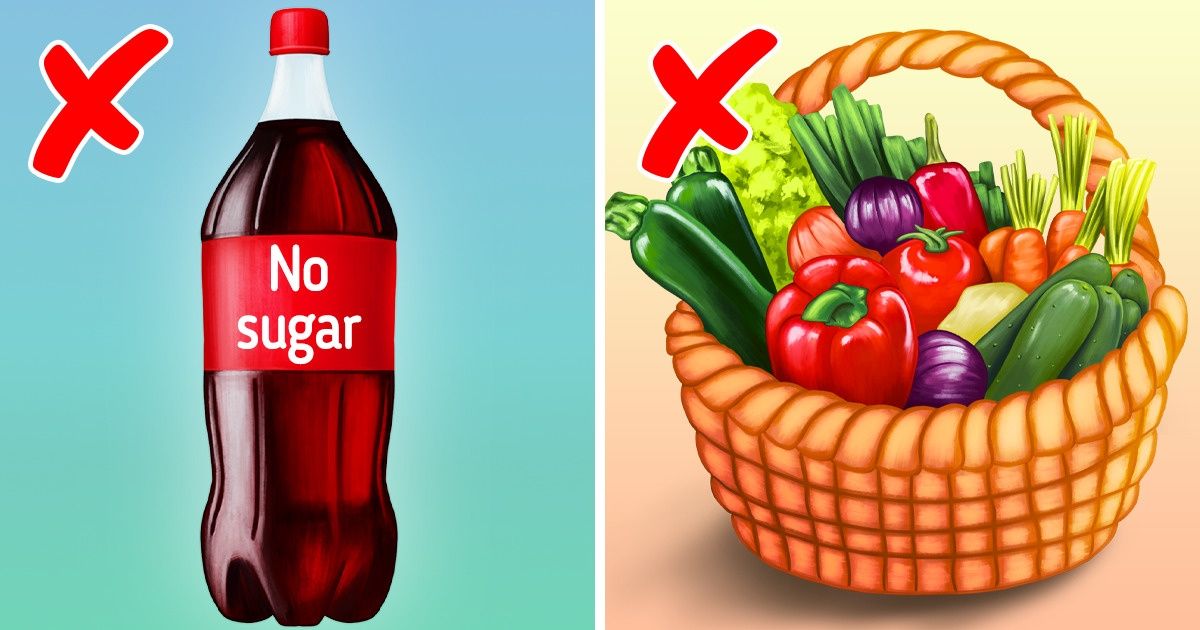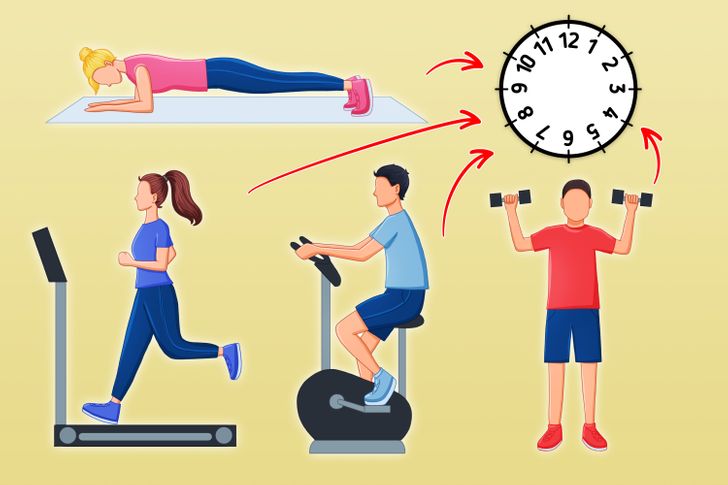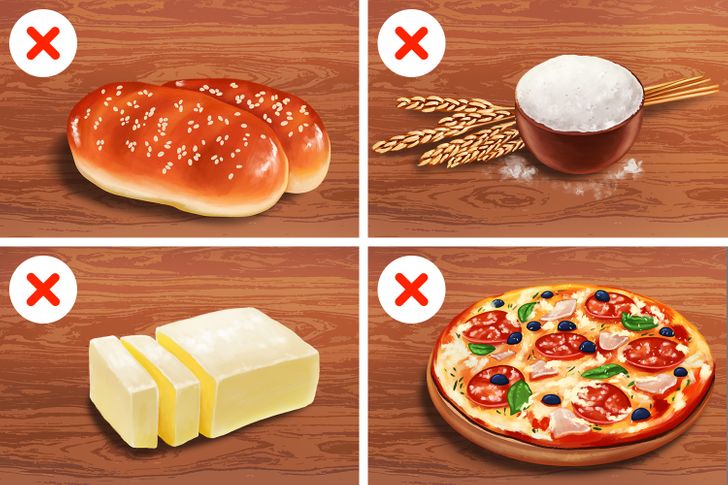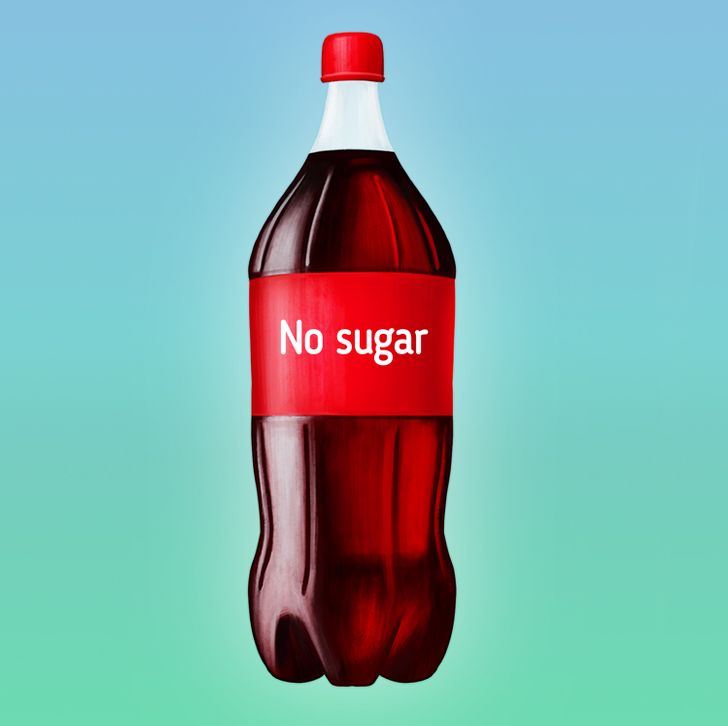Myths About Weight Loss We Still Believe In

There are many ways to lose weight but not all of them are safe and efficient. Scientific studies say that you can lose weight even in your sleep. But you shouldn’t expect it to happen overnight. Unfortunately, immediate results are impossible despite the promises of some manufacturers.
At 5-Minute Crafts, we want to dispel some myths about weight loss and help you find the method that will work for you.
Myth 1: Long and intensive working out is the only efficient way to lose weight.

Reality: Even though exercising can speed up the process of losing weight, this primarily happens due to diet. It’s difficult to create a significant calorie deficit just with the help of exercising. Experts recommend doing at least 150 minutes of moderate physical activity every week. This could be brisk walking or cycling. But in order to lose weight, you need to burn more calories than you consume.
What to do: Work out regularly. Since exercise has a ton of other health benefits, keep visiting the gym, but don’t expect to lose weight just by working out.
Myth 2: Avoiding carbs, gluten, fats, your favorite dishes, as well as fasting and being hungry, will help you lose weight.

Reality:
- Cutting out carbs altogether can cause weight gain, as it creates a fiber deficiency and having fiber in your diet contributes to weight loss. “Carbohydrate-rich foods, such as vegetables (including beans and peas), fruits and whole grains, are the foundation of each of these healthy eating patterns,” notes expert Andrea Dunn. “And remember that fiber is a carbohydrate. If you avoid carbs, your fiber intake will plummet.”
- Gluten is a special protein found in all varieties of barley, rye, and wheat. Nutritionist Isabel Smith says, “Instead, work on cutting out processed foods like sugary cereal and crackers. A diet rich in vegetables and free of processed fare can aid weight loss more effectively than simply trading in gluten-filled food for gluten-free varieties.” Foods that are gluten-free have less fiber, which can make you feel hungry when you eat them. This can lead to overeating.
- Avoiding fats can lead to weight gain. Foods that contain healthy fats don’t make us overweight.
- You should not completely give up your favorite high-calorie foods. Sometimes you can pamper yourself. Just remember to keep track of your total calorie intake.
- Fasting and keeping yourself hungry won’t lead to sustained, long-term weight loss. These restrictions are too difficult to stick to, and your body may get less nutrients than necessary.
What to do: If you have no medical contraindications, don’t avoid carbs, gluten, and fats. The main thing is moderation and calorie counting.
Myth 3: Sugarless carbonated drinks are the best choice.

Reality: Sweet drinks without sugar are actually no better than regular drinks, even though they are lower in calories and sugar. According to a study published in the Canadian Medical Association Journal, artificial sweeteners may be associated with the risk of obesity, high blood pressure, diabetes, and heart disease,
What to do: Try to avoid carbonated drinks with sweeteners in your diet.
Myth 4: Being vegetarian will help you lose weight.

A balanced vegetarian diet can lower the possibility of obesity, lower your blood pressure, and reduce the risk of heart disease. But you can lose weight by following this kind of diet if you reduce the total number of calories consumed. Certain vegetarian foods that are high in sugar and fat can lead to weight gain. Eating small amounts of lean meat can also be part of a healthy plan for weight loss or weight maintenance.
What to do: If you choose to eat vegetarian food and don’t have any medical contraindications, monitor the calorie intake of your meals and ensure that you are getting enough nutrients.